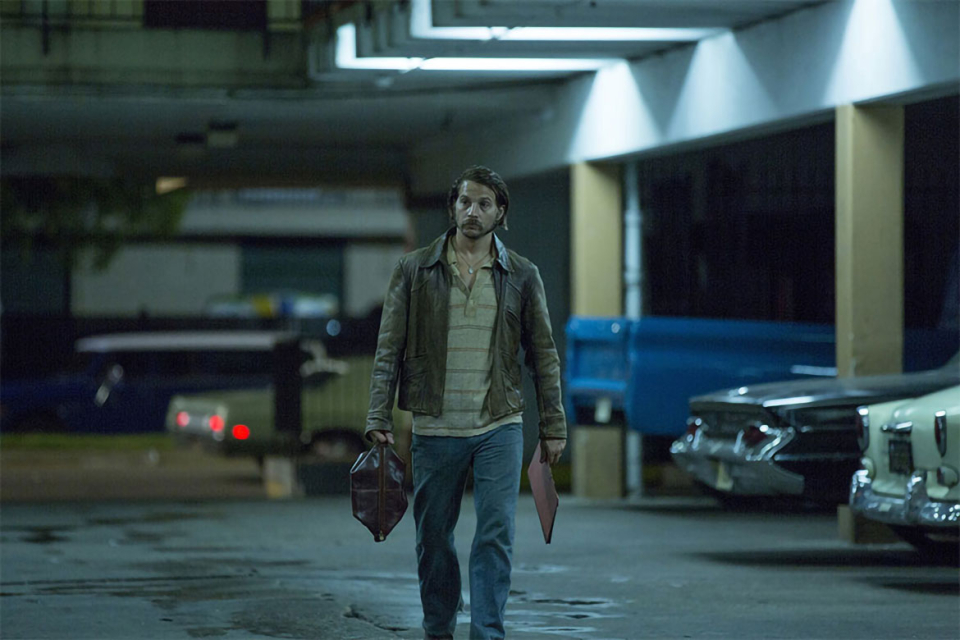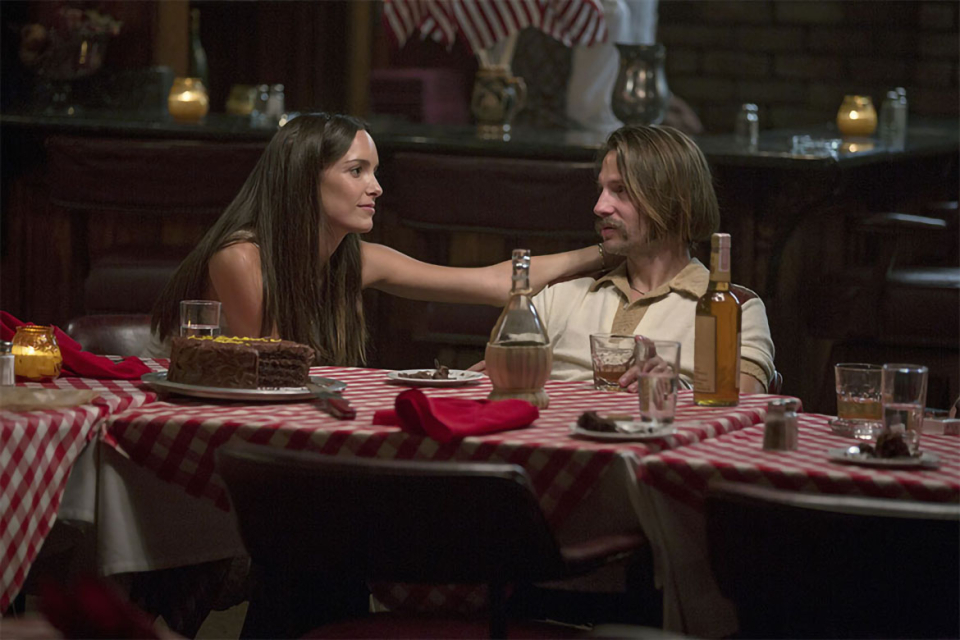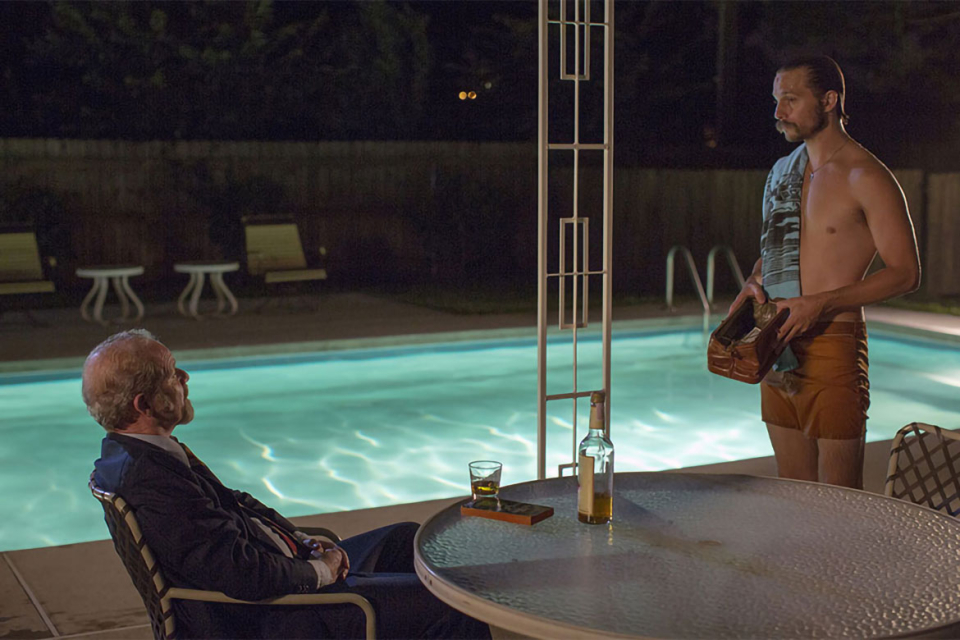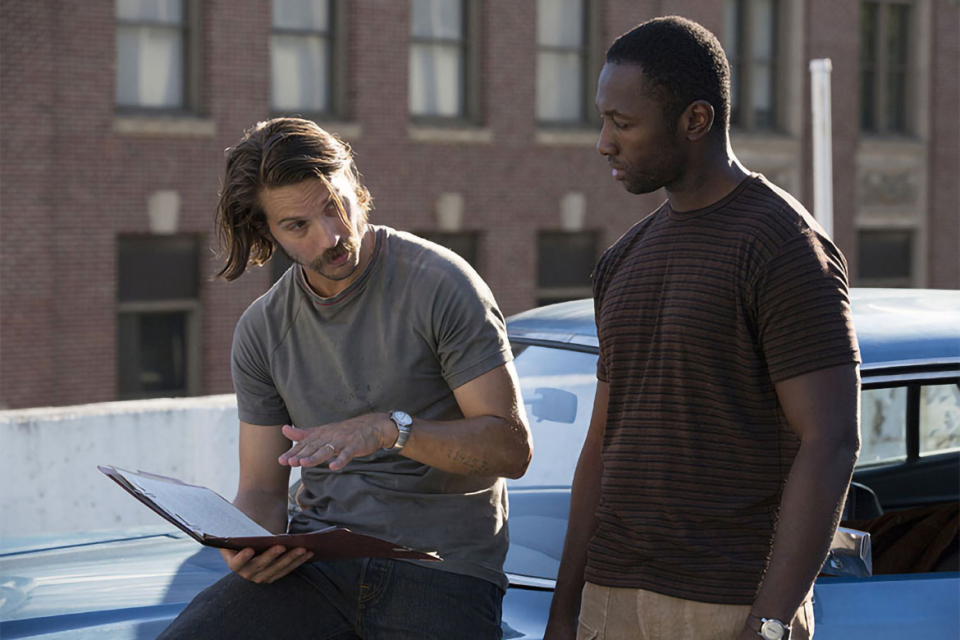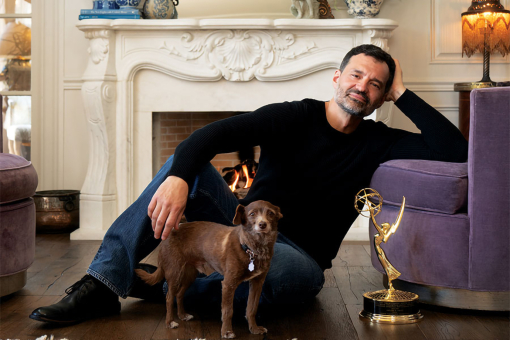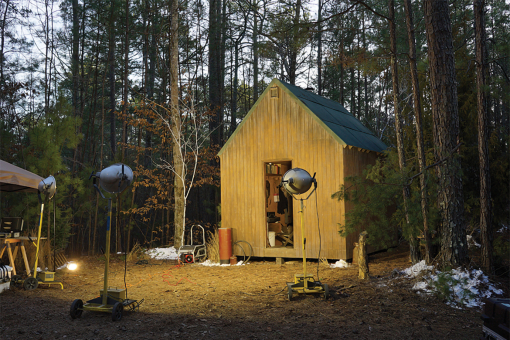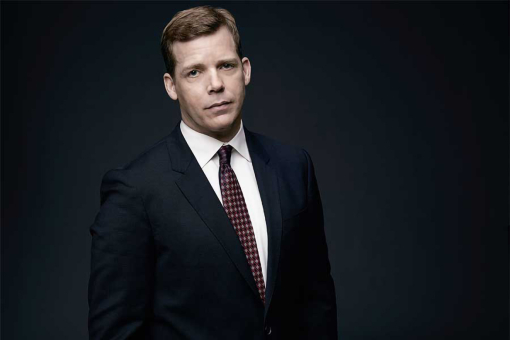Greg Yaitanes builds worlds.
The Emmy Award-winning director and producer developed his 20-year career in television with shows including House (for which he won an Emmy in 2008), Lost, Prison Break, Grey’s Anatomy and Bones.
His current upcoming projects – Quarry and Manifesto - are period dramas, one set in the 1970s and one in the 1990s.
Manifesto (with executive producers Yaitanes, Kevin Spacey and Dana Brunetti) is an upcoming Discovery Channel scripted program. It tells the true story of the FBI profiler whose pioneering work in linguistics helped to catch “Unabomber,” Ted Kaczynski.
“It’s a story that people don’t know and never really heard,” Yaitanes says.
The 1990s period presented unlikely challenges in recreating this world. “Doing a 90s period is even more daunting than doing a 70s period piece,” he says, “Enough stuff is still around but enough stuff is wrong in real life.”
Quarry, which premiered September 9 on Cinemax, is based on the book series by Max Allan Collins. The show is about Mac (nicknamed “Quarry”), a veteran who returns home from Vietnam only to find himself shunned by his community. Isolated and marginalized as he tries to adjust to civilian life, Quarry gets sucked into the nefarious world of the Dixie Mafia.
With Quarry, Yaitanes had the challenge of recreating the world of 1972 Memphis.
“I was attracted to building a world that I didn’t live in,” he says, “When you get out of your own lifetime in terms of directing, recreating an era has as many challenges as if it were a big science fiction or fantasy series. Everything has to be created and you have to build it from the ground up and not break the spell in any way.”
The show captures the look and feel of 1972 Memphis, but Yaitanes was careful not to let the art direction distract from the story.
“We were making a very grounded, psychological drama, and maintaining that integrity and staying true to it,” he says, “So it was a challenge to make something that would be so seamless.”
For authenticity, Yaitanes dove into research, including watching films that came out in 1972. “I wanted to make sure that Quarry wasn’t impressed with his surroundings,” he says, “I didn’t want anybody to be drunk on the 70s, I wanted people to be centered and focused on the characters. Directorially, I was working from the acting and the writing out, and trying to make my work invisible.”
Although much of the show was filmed in New Orleans, Yaitanes spent a good deal of time in Memphis, connecting with the city’s important musical figures of the era.
David Porter, a prolific songwriter at Stax Records and a legendary figure in Memphis’ rich soul music history, was enlisted as music consultant.
“You can’t help but feel it,” says Yaitanes, “You’re in there recording in the studio where Al Green recorded - with his actual microphone - and David Porter is in the booth producing.”
The careful music supervision in Quarry is crucial in helping to create its world. Yaitanes credits Porter, as well as the music supervision firm Neophonic Music & Media, for giving the show its musical identity.
“If I have any skill as a director or a producer, it’s putting good people, and people that know more than me, into a room and letting them do their job,” he says, “When it comes to the music, you’re seeing an incredible curation that had input from a lot of directions.”
Yaitanes was personally involved with the music team throughout much of the process. “I came up with the concept of the ‘B-sides,’” he says, “I wanted music that was familiar but not stuff that you readily knew. We have 22 live music numbers and it was important to get that right.”
Yaitanes serves as showrunner on Quarry, Manifesto and, most recently, Cinemax’s Banshee, which ended its fourth and final season in May. For Yaitanes, showrunning is all about collaboration.
“While I don’t directly write, I’m good at building out a season with a writer, and partnering and sharing trust and responsibilities,” he says, “I’ve made this niche of shepherding talented new writers who need world building. I take tremendous joy in mentoring. I’m a product of mentorship and I see showrunning as a mentoring role. That’s where I enjoy living.”
For Yaitanes, television has become a perfect medium for a director to nurture this collaborative and mentoring philosophy, while still maintaining the control necessary to move a project along.
“Television was historically a writer’s medium and film was a director’s medium,” he says, “Now we’re seeing an era of television of a real partnership. I like collaborating; I kind of live for that creative partnership. But, ultimately, it helps to be able to be the final yes or no and guide things on a very practical level.”
Yaitanes envisions his involvement in the process beginning at inception.
“As a director, in a way you’re coming in as the CEO of somebody else’s company,” he says, “So in terms of continuing the path of directing and showrunning, I would like to be generating the material at the ground floor and building up the team and that mentorship and that kind of dialog. That would be the next evolution of what I’ve been doing.”
Yaitanes came to California from Massachusetts at 18 to attend the University of Southern California Film School, intent on a career directing films. He landed his first directorial job at 23, but found the film world frustrating. Yaitanes soon transitioned into television, where he believes there is currently the most compelling storytelling.
“Thrillers, suspense and psychological drama are in my wheelhouse and that’s where television has evolved into,” he says, “We’re now hitting a great age of television with the scope and quality of story. Coming into it having 150 hours of TV behind me allows for solid footing in an evolving business.”
As an early angel investor in Twitter, Yaitanes understands the power of social media and how the evolution of technology has affected the way we watch television.
“One thing I loved about Banshee is the ongoing conversation that that had,” he says, “As a viewer I love being able to binge things but I also love the weekly dolling out because you feel the momentum of that conversation.”
Yaitanes worked on House when it was the most popular show in the world. This gave him insight into the power of live viewing.
“When I was producing House, we had 100 million people watching live every week,” he says, “When Banshee came on we built that show to be social in its DNA. Everyone had to be actively on Twitter and Instagram and that’s what made us relevant.”
This awareness of making television viewing a regular social event in the era of binge streaming is at the core of Yaitanes’ approach when building a show.
“We realized that half our audience was staying home on a Friday night so we said, let’s give them a Friday night worth staying home for,” he says, “So people would build a night out of it and get together and watch Banshee and that was fantastic. It pushed us - if you give us your Friday night, we are going to entertain you. It’s a big responsibility.”
While showrunning presents its own challenges and rewards, Yaitanes still enjoys the process of directing the occasional single episode.
“Every once in a while, taking the pressure off of running a show and just being able to go back and direct, that is near and dear to my heart,” he says, “I think I’ve found the best of everything.”

